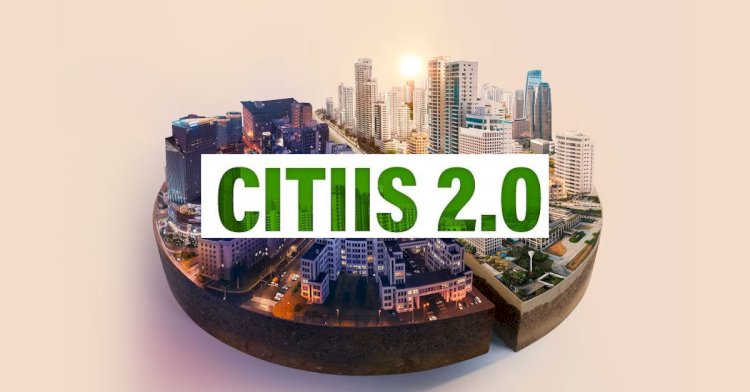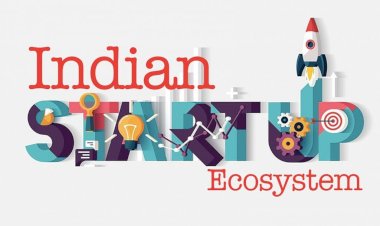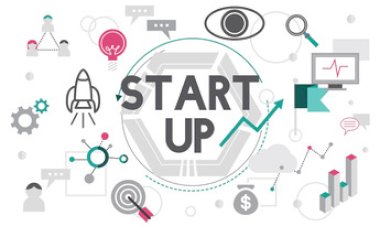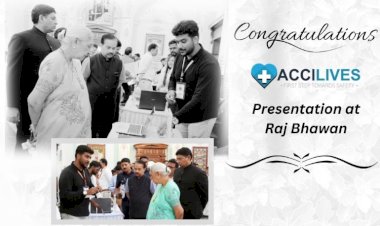Addressing Urban Waste Management Challenges: How CITIIS 2.0 Startup Cohort Could Lead the Charge
Urban waste management is a growing challenge in India, with increasing populations and insufficient traditional disposal methods. The CITIIS 2.0 startup cohort offers innovative solutions, including smart waste collection using IoT, advanced recycling techniques, waste-to-energy conversion, and community engagement initiatives. These startups aim to enhance efficiency, promote sustainability, and stimulate economic growth. By implementing these technologies, CITIIS 2.0 is set to revolutionize urban waste management, leading to cleaner and more sustainable cities.

Urban waste management is a pressing issue in India. With growing cities and increasing populations, managing waste efficiently has become more critical than ever. The CITIIS 2.0 startup cohort is poised to tackle this challenge head-on.
What is CITIIS 2.0?
CITIIS (City Investments to Innovate, Integrate, and Sustain) is a program aimed at developing smart city projects. Its 2.0 version focuses on innovative solutions to urban challenges, including waste management.
The Waste Problem
Urban areas produce tons of waste daily. If not managed properly, this waste can lead to severe environmental and health issues. Traditional methods of waste disposal are no longer sufficient, and innovative solutions are needed.
How Startups Can Help
Startups are known for their innovative approaches and agility. The CITIIS 2.0 startup cohort includes companies with fresh ideas and technologies to improve waste management. Here’s how they can lead the charge:
-
Smart Waste Collection: Using technology like IoT (Internet of Things), startups can create systems to monitor waste bins and optimize collection routes. This makes the process more efficient and reduces fuel consumption.
-
Recycling Innovations: New methods for sorting and recycling waste can turn trash into treasure. Startups are developing ways to recycle more materials and reduce the amount of waste that ends up in landfills.
-
Waste-to-Energy: Converting waste into energy is a promising solution. Startups are working on technologies to turn organic waste into biogas or electricity, providing a renewable energy source while reducing waste.
-
Community Engagement: Education and involvement of the community are crucial. Startups are creating apps and platforms to inform citizens about waste segregation and recycling, encouraging responsible waste disposal.
Benefits of Startup Involvement
- Efficiency: Technology-driven solutions can make waste management processes faster and more efficient.
- Sustainability: Innovative methods help in reducing the environmental impact of waste.
- Economic Growth: Successful startups create jobs and stimulate the economy.
Conclusion
The CITIIS 2.0 startup cohort is set to revolutionize urban waste management. By leveraging technology and innovative approaches, these startups can address the waste problem effectively, leading to cleaner, more sustainable cities. As these solutions are implemented, we can look forward to a future where waste is managed efficiently, benefiting both the environment and urban populations.

 notifybarkhapandey01@gmail.com
notifybarkhapandey01@gmail.com 






















